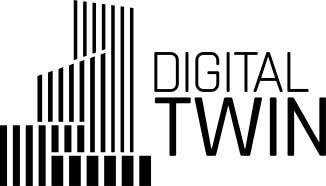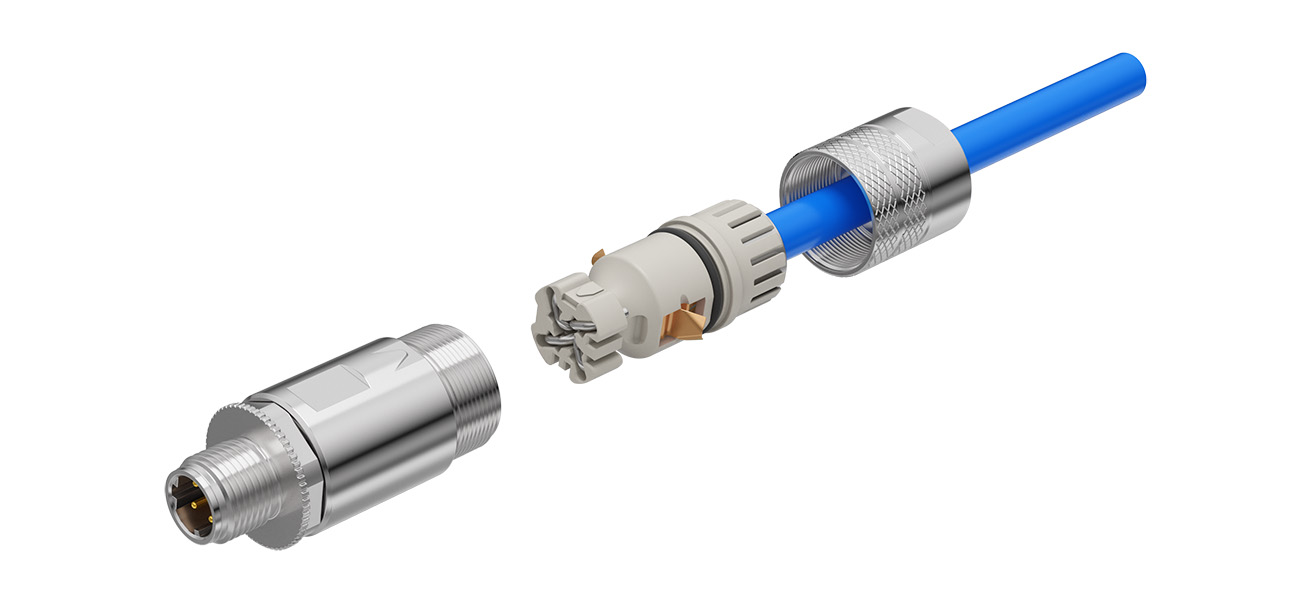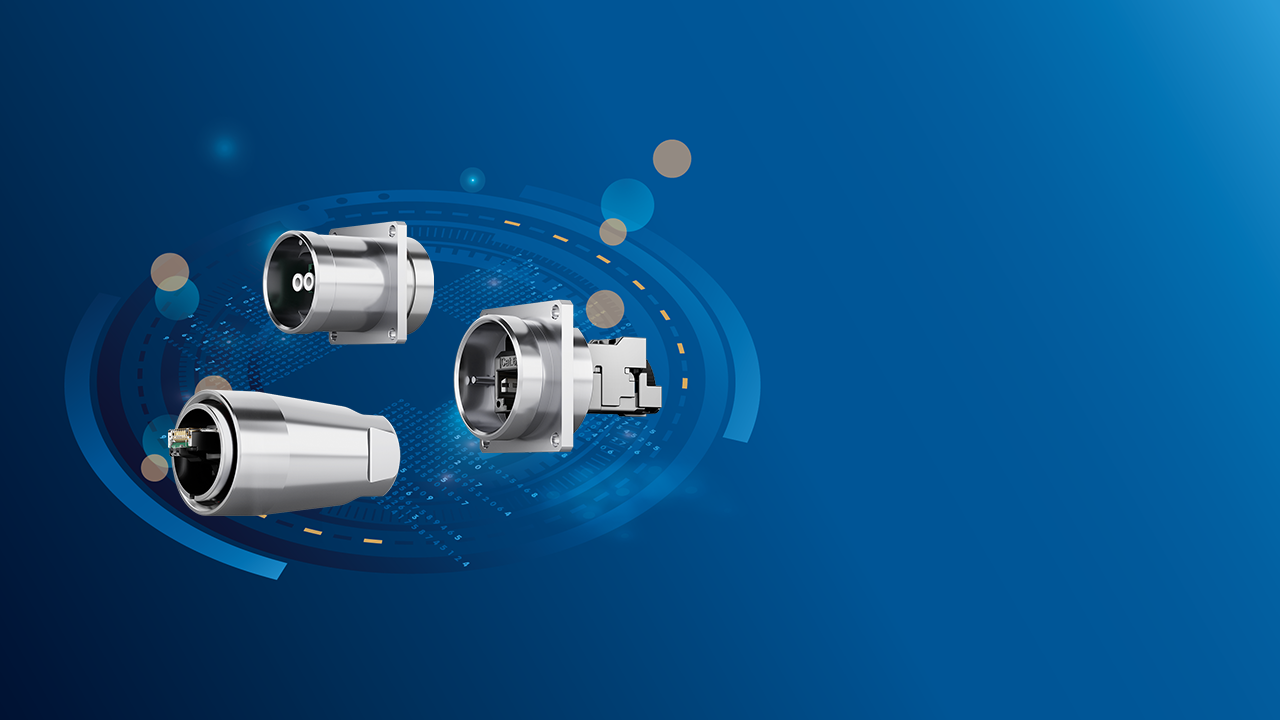DigitalTWIN results presented at the "S3 - Smart Service Summit

Research project completed
Berlin/Gersthofen, 09 November 2021. The DigitalTWIN research project funded by the Federal Ministry for Economic Affairs and Energy (BMWi) as part of the "Smart Service World II" programme has been completed. On 28 October, the consortium partners presented the main results at the BMWi's "S3 - Smart Service Summit". The project partners are more than satisfied: with a demo landscape, 3 use cases and already implemented solutions, they present results that are the starting point for further innovative solution approaches in the field of digitalisation in the construction industry.
"With the solutions from DigitalTWIN, we can now go to the construction site of the future and integrate different digital tools in a compatible way. These can be drones or laser scanning devices, for example, making it possible to interact live in real time with a 3D model on the construction site using AR glasses," summarises consortium leader Dr Fabian Schmid. "These different tools can be integrated quickly and easily. Thanks to a powerful infrastructure from the areas of Big Data, Cloud as well as AR and BIM, we have networked them compatibly. Now it's a matter of transferring the results into practice and building robust solutions for the construction site."
The starting position
Construction is still one of the industries that uses insufficient digital tools. Many companies are reluctant to digitise their work processes due to uncertainty and an opaque oversupply. Yet digital innovations - properly applied - are capable of making the construction industry significantly more efficient. Especially because construction projects usually involve many players with different specialisations. This often makes coordination and decision-making processes complex and time-consuming. In addition, they often cannot be reconstructed exactly afterwards because there is no documentation across companies or partners. The DigitalTWIN research project therefore investigated the use of digital tools in the construction industry to make processes along the life cycle more efficient and to prevent communication gaps between project participants.
The results
By using open, high-perfomance cloud technologies that can be used in clusters, the DigitalTWIN research project developed a kind of web app store that digitally supports processes in the construction industry. By using open technologies, interface and implementation difficulties can also be solved. At the same time, the technologies enable the IT infrastructure of different partners to be separated at different levels in order to meet know-how and data protection requirements. The cloud technologies used in the automation sector, which is dominated by medium-sized companies, have been expanded in order to be able to use them in a networked and powerful way for large building data models and with automatically networked process chains.
The demo landscape presented at the "S3 - Smart Service Summit" is only a small excerpt from the research work, because with different use cases, demos and workshops, fundamental technical challenges were solved, the solutions were shown as examples and the foundations for a compatible and easily expandable "web app store" were created. The open data formats and platform technologies used make it possible to programme, implement and use digital tools faster and more clearly.
Cross-sectoral knowledge transfer
DigitalTWIN was conceived by façade construction specialist seele and the consortium partners in order to find out where the challenges lie in the digital transformation in the construction industry and how sectors can learn from each other. In addition to seele, the Heinrich Hertz Institute of the Fraunhofer Society, Telegärtner Karl Gärtner GmbH, Carl Zeiss 3D Automation GmbH, planen-bauen 4.0 and Werner Sobek AG were also involved in the project.
Interested parties can find the final report with the detailed research results as well as further literature and links at www.d-twin.de. The demo landscape, which summarises the results in a tangible environment, can currently be visited in Berlin (HHI). A video can be found under the following link:www.youtube.com/watch?v=247inqcfhH4&t.




